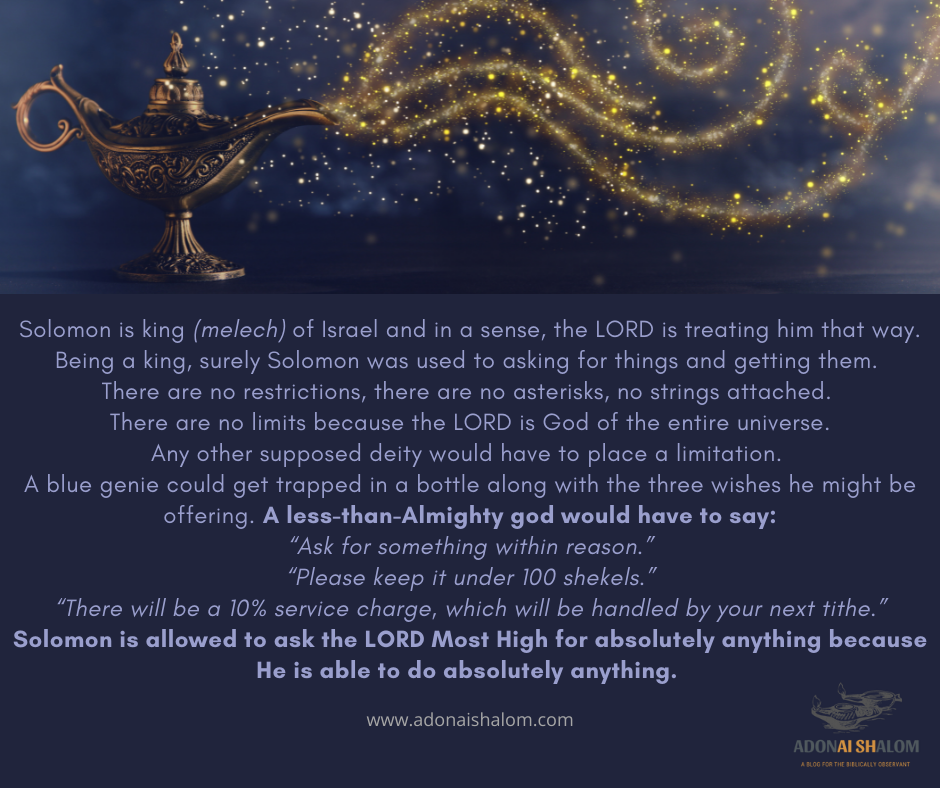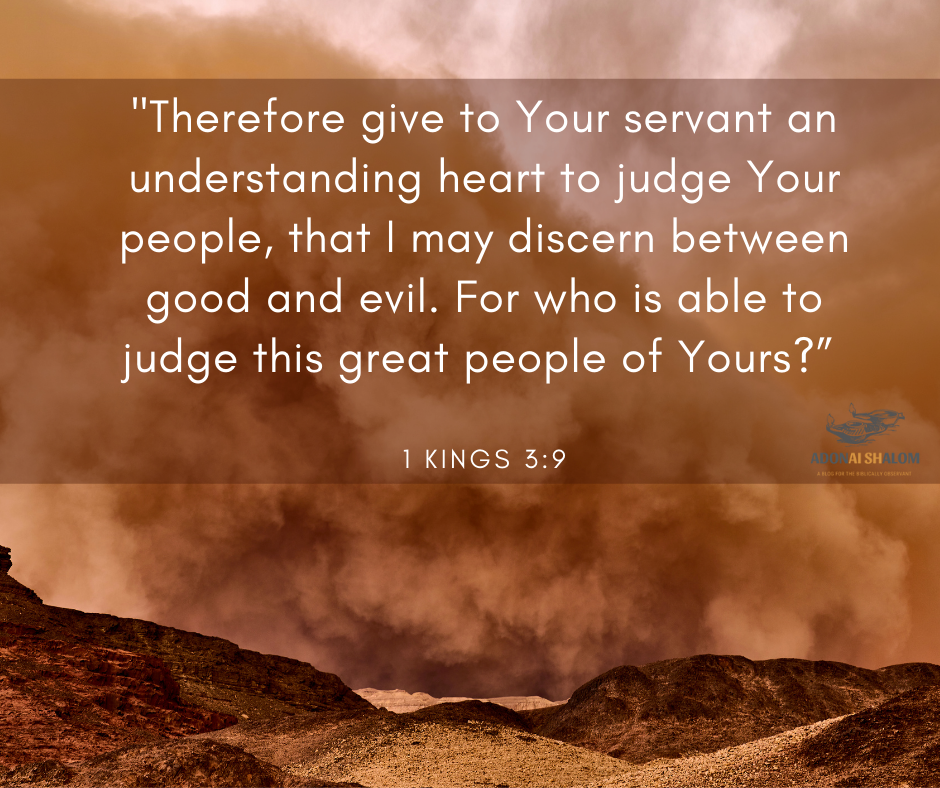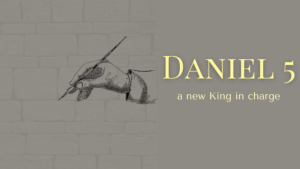
I was reading a book last night by Dr.Amy-Jill Levine. It was sent to me and I’m going to be writing a blog review for it soon. Update: Here is a link to my review: The Difficult Words of Jesus. While Dr. Levine and I definitely have our theological differences, I was struck by one very simple, but poignant question she posed. The rich young ruler of the Gospels was so preoccupied with storing up treasures in both earth and heaven that he wanted to know what he had to do to inherit eternal life – so he could fill up his heavenly “vault,” as Levine put it. The question that sparked my interest was this: if you were in that situation, able to stop Jesus in His tracks to ask Him any question in the world, what would you ask? What would you say?
What would you ask Yeshua?
Would you ask Him what it takes to “earn” eternal life? Demand a heavenly inheritance? Plea for salvation? Would you humbly ask for a healing? Would you ask something deeply theological, or would you stick to something more temporal?
In 1 Kings, King Solomon has the opportunity to ask anything of God.
He could’ve asked for details about what happens in the next life or the world to come. But he asks for something quite unexpected, and much much different than the riches sought by the young ruler in the Gospel story.
The fact that the Eternal One directs Solomon to ask Him for something, to ask for anything at all is shocking.
It is shocking because it is unexpected, but it is also shocking because at the time, Solomon was walking in obvious disobedience.
King Solomon knew full well who God is, and his duty to honor the God of Israel as he ruled. After all, his father was King David who wrote most of the Psalms! Surely King Solomon had no excuse when he practiced idolatry and lustfully sought out his many wives. Solomon knew better than to worship pagan gods!
This Psalm, penned by King Solomon’s father, King David, speaks of the glorious ascent to the hill of YHVH.
Psalm 24:3-5

It is certainly conceivable Solomon had his father’s words ringing in his ears as he
climbed up . . . not to a Holy Place, but to
the pagan
high place in Gibeon
to singe a thousand burnt offerings and incense.
On top of that, Shlomo (Solomon in Hebrew) had just married Pharaoh’s daughter. Shouldn’t he be feeling ashamed by now?
Many of us are well aware that Solomon’s foreign wives inspired him to pursue pagan practices. Yet even to this day Solomon is known for something else: his wisdom. God’s mercy, long-suffering, and patience really are remarkable.
What Solomon had in his favor is recorded in 1 Kings 3:3, “Solomon loved the LORD . . . “

Loving the LORD makes up the difference. His mercy endures forever.
On one particular trip up the Gibeon mountain, the trek plus the mountain air allowed Solomon to fall asleep that night. He probably didn’t have to count Israeli sheep in order to fall asleep. I imagine he fell into a fairly deep sleep just from the day’s activities.
The LORD Almighty, the Sovereign One, the Only True God, came to Solomon in a dream.
No messenger sent, no angel. God Himself appears to Solomon in the dream and says to him,
“Ask! What shall I give you?” (1 Kings 3:5)

Solomon burned sacrifices not to YHVH, but to false gods, in this very place. But to demonstrate His Omnipresence and Perfect Sovereignty, Adonai challenges Solomon to go ahead, ask for something.
A conversation King to king
Solomon is king (melech) of Israel and in a sense, the LORD is treating him that way. Being a king, surely Solomon was used to asking for things and getting them. There are no restrictions, there are no asterisks, no strings attached.
There are no limits because the LORD is God of the entire universe.
Any other supposed deity would have to place a limitation. A blue genie could get trapped in a bottle along with the three wishes he might be offering. A less-than-Almighty god would have to say:
“Ask for something within reason.”
“Please keep it under 100 shekels.”
“There will be a 10% service charge, which will be handled by your next tithe.”
Solomon is allowed to ask the LORD Most High for absolutely anything because He is able to do absolutely anything.

If you could ask God for anything, would you want jewels? tools?
If you were the king or queen of Israel, what would you want? More wealth and riches?
Solomon doesn’t ask for any of these things, not even a new pet camel.
“What do you want, Solomon, what should I give you?
King Solomon is ready to answer, but first he is sure to flatter YHVH a little. Smart thinking. Maybe he felt an extra need to show honor and deference to Elohim if he was laden with guilt from his unfaithfulness. That or, like a wife trying to butter up her husband to complete a honey-do list, first she reminds him how much she loves him, appreciates him, and couldn’t live without him. Right? 🙂
Solomon begins to praise God and thank Him for the kindness He has shown to his father David. Solomon acknowledges his immaturity and demonstrates humility (1 Kings 3:6-8). He expresses how he views the situation he lives in, this context of governance over a chosen, great, and numerous people.
Only after all of that does Solomon dare to say what he would like from God.

Understanding and discernment.
In other words, wisdom.
Notice, King Solomon never says “wisdom.” He only describes it.
In Hebrew, the word for wisdom is chokhmah, and it is not found anywhere in this text, even though traditionally wisdom has been ascribed to Solomon. The Proverbs attributed to Solomon, however, do employ this term frequently. Here in 1 Kings 3, a form of the word chokhmah is used, chakham, but only by God Himself. God answers Solomon’s request for understanding and discernment by calling it wisdom (chakham).
It is quite evident that King Solomon avoids using the word chokhmah or any form thereof in his request of God.
So we must ask the question: why?
Perhaps it can be dismissed as too much of a technicality, but I do believe there is more to it.
Solomon may have been hesitant to ask for wisdom because in the culture of his day, despite being a king, he was asking a lot.
As early as the writings of Job, Jewish tradition has always held that wisdom is costlier than gold and silver (Job 28:12-15).
Maybe he thought it was too much to ask.
Wisdom is also personified in Scripture, interpreted as a divine attribute of God and embodied by Messiah Himself. While Solomon did not yet know his Messiah, Wisdom Incarnate, he would have had reverence regarding the subject of God’s Wisdom.
He had mustered his courage, and this pleased the LORD.
1 Kings 3:10-14, NKJV, emphasis added
The LORD assures Solomon that he will give him wisdom and fame. He adds riches and honor to the package, but now He does add an asterisk:
“You will have all of this and a long life, if you walk in My ways as your father David did.”
God will hold King Solomon accountable – He wants Solomon to do what is right.
Solomon awakens from his dream, heads straight to Jerusalem to offer legitimate sacrifice there to Adonai, and holds a party for his servants (1 Kings 3:15).
King Solomon had so many great achievements, most importantly, the construction of the Temple. He was known for his sayings and proverbs, his riches and influence. But despite all of that, his heart strayed from the LORD. Lust was in the family line, and he seems to have inherited a generational curse. Because Solomon continued in disobedience, the Lord assured him the kingdom would be torn away under the reign of his son and that is exactly what happened.
What would you ask Yeshua?
We are all given the opportunity to ask God anything because He has made a way for us through Messiah Yeshua (Jesus). He might not come to us in a dream, but He is willing to listen to us because of His amazing grace.
He may not give us exactly what we want, but we definitely have the opportunity to share our heart with Him and He knows our deepest desires. Next time you are in prayer, ask of Him, and I know He will answer you in love. Learn from Solomon’s mistakes: keep a repentant heart, and go after the things of God, not the ways of the world.
The Father sent His Son to die for you. He loves you. Surely it is not too much for you to ask for something that is weighing on your heart, if you ask in humility, it shall be done for you.
Are you able to have a conversation with the LORD?
Are you in relationship with Him?
If you are sincerely sorry for your sins and your mistakes and your character flaws that sometimes get the best of you . . . and you have decided that you will trust in Him to help you change and turn away from continuing in sin, and if you have accepted the Truth that Yeshua (Jesus) is the King of Israel and would like Him to be the King of your heart, then you absolutely can be in communion and conversation with Him. Nothing can separate you from His love – and Messiah Yeshua bridged the gap between sin and darkness to enable you to be able to trust Him today with your life and your salvation. Believe in Him, obey His Word, and do not be afraid to go to Him in prayer. He hears you when you pray!
I hope this blog post has encouraged you! Please leave a comment, and consider subscribing! And, if you’d like, let’s connect on social media! Find us on Pinterest, Facebook, and Twitter. Shalom!








I really appreciate the insights in this one! I’ve often considered what I would ask of the Lord. Today, I would ask him to continue the work he has done in my heart as I aim to make knowing and loving him my greatest goal in life! All the rest will follow…
Amen! It is amazing to think that one day we will see Him face to face and our questions will be answered! 🙂
Very insightful and thought provoking. Praise the Lord that we can come to Him and ask of Him anything at any time!
Yes, we are truly blessed that we can indeed ask Him anything at any time – prayer is an awesome thing! Thanks for stopping by!